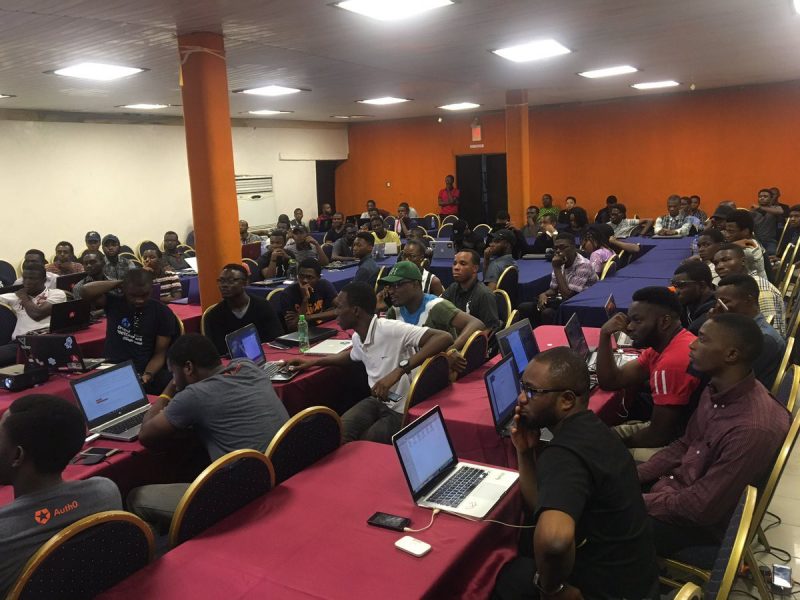On February 8, software firm, Andela started the second round of its Hackathon4Justice. The coding competition was put together in partnership with Facebook and the United Nations Office on Drugs and Crime (UNODC) for Nigeria.
The hackathon had a total of 80 students across universities in Nigeria. It was based on the 4th Act in Nigeria’s rule of law, with the problems identified in the Act split into 5 categories.
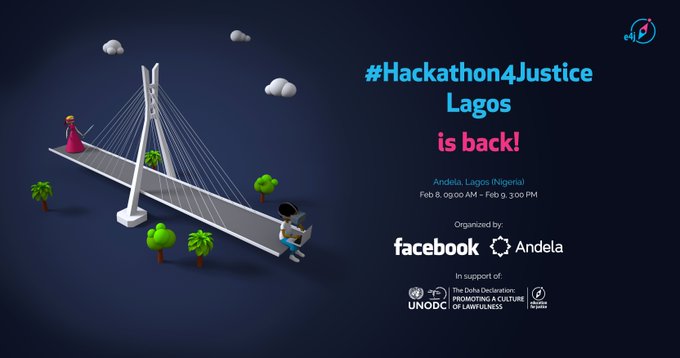

The five categories are violence, abuse and exploitation, injustice, crime, and corruption. The solutions were in line with achieving the 16th of the global sustainable development goals:
Promote peaceful and inclusive societies for sustainable development, provide access to justice for all and build effective, accountable and inclusive institutions at all levels – SDG 16
The students were further grouped into teams and each team identified the problem it wanted to solve using tech. The solutions were developed in the form of educational apps using modern software technologies.
Meet the top three teams and their solutions
Out of 17 teams that pitched their solutions, Team 5 came third position. This team created a Virtual Reality (VR) solution that could help people understand some of the less obvious aspects of the rule of law.

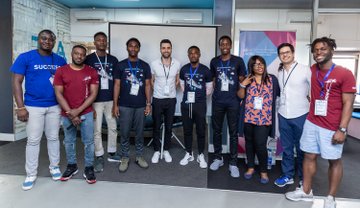

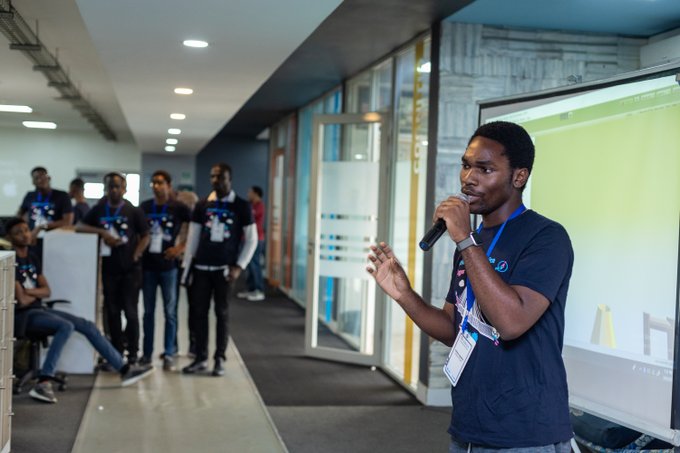
Team 5 
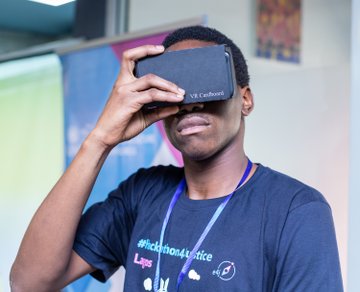
Team 17 proved that the last was definitely not the least as they came in second place. They created an object classification solution that used artificial intelligence to determine if a particular electronic waste was recyclable or not.
E-wastes refer to electronics and electronics appliances that are no longer used. They include discarded television sets, laptops and phones.
Deep learning, why not?
Team 1 won the Hackathon, and that was not because they had been named Team 1 from the start of the competition. The team developed a solution that allows people to detect child molesters before they can act on their intentions.

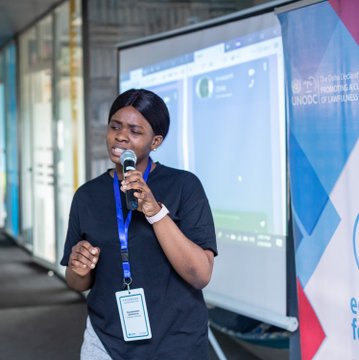

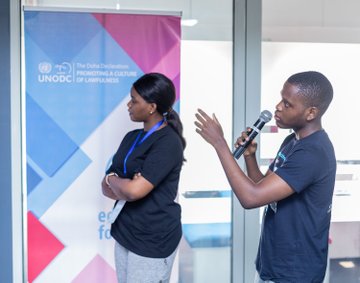
Team 1
The solution was named Predex and it uses a deep learning model to identify child predators by analyzing the conversation that goes on between a potential assaulter and the child.
From the conversation, Predex flags what it considers as suspicious and inappropriate based on words that are exchanged.
The winning team received a ticket to the Crime Congress in Kyoto Japan where they will showcase their solution to the audience there.





